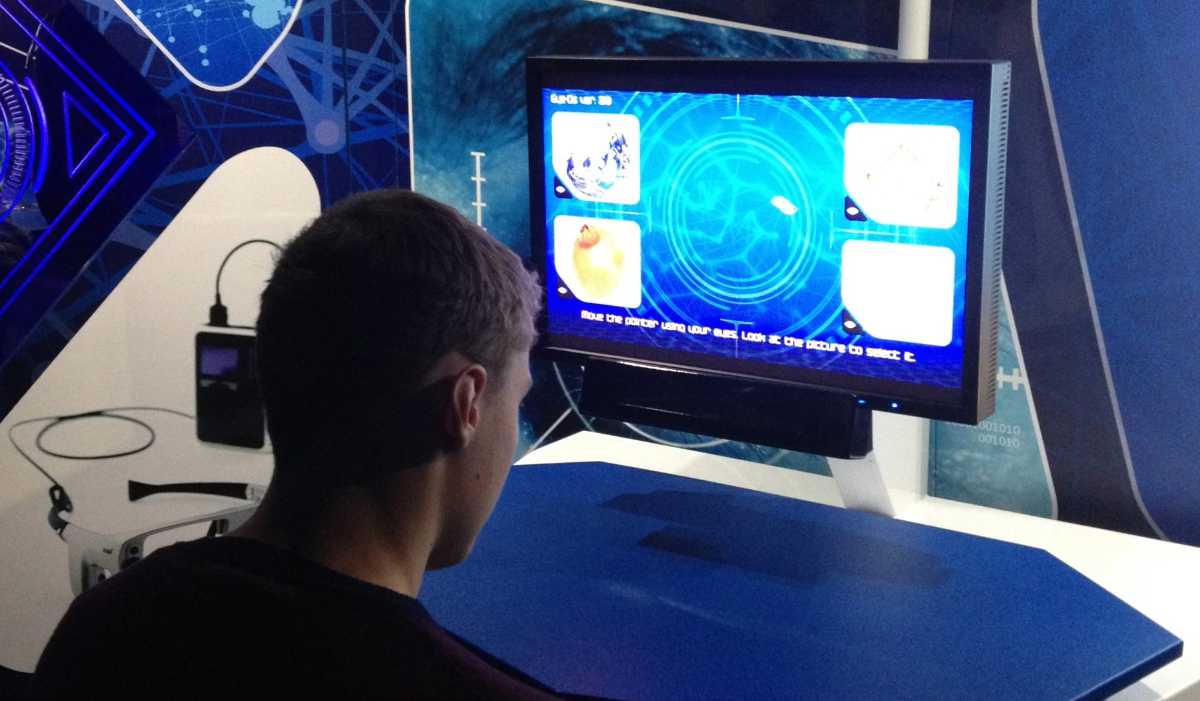The Science learning area of the Australian Curriculum enables students to develop understanding of important science concepts and processes, the practices used to develop scientific knowledge, science’s contribution to our culture and society, and its use in our lives. Also, learning science is a valuable pursuit in its own right. Students can experience the joy of scientific discovery. They can nurture their natural curiosity about the world around them. (Australian Curriculum, 2023 ACARA)

The Science curriculum comprises of three strands:
- Science understanding – students learn to select and integrate appropriate science knowledge to explain predict phenomena and apply that knowledge to new situations.
- Science as a human endeavour – students learn about the nature of science, including the role of scientific inquiry in developing science knowledge, and the factors that affect the use and advancement of science.
- Science inquiry – concerned with investigating ideas, developing explanations, solving problems, drawing valid conclusions, evaluating claims and constructing evidence-based arguments.
Kamaruka provides adjustments to ensure that students’ learning is inclusive and relevant by:
- Providing multisensory visual, auditory, tactile, kinaesthetic and/or multimodal learning experiences and resources
- Offering alternatives to making observations and representing understanding including through diagrams, physical models, role-play and digital tools
- Demonstrating safe use of equipment and providing safety instructions in written, verbal and pictorial form
- Demonstrating steps in an investigation before the activity
- Supplying a range of labelled equipment for use during investigations
- Making student thinking explicit, encouraging students to cite evidence or explain the logic they used in drawing conclusions.
